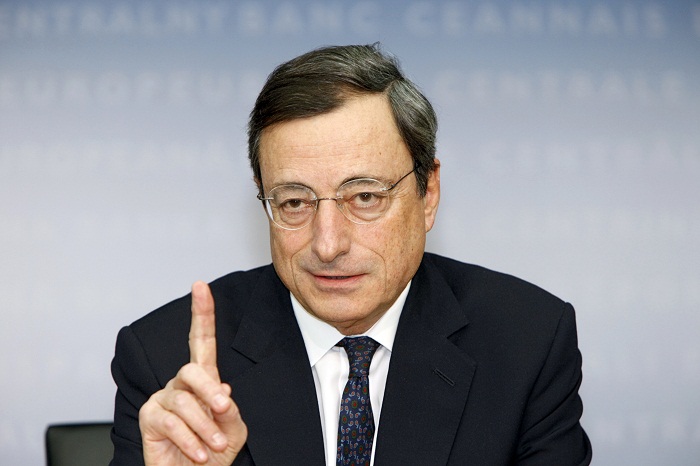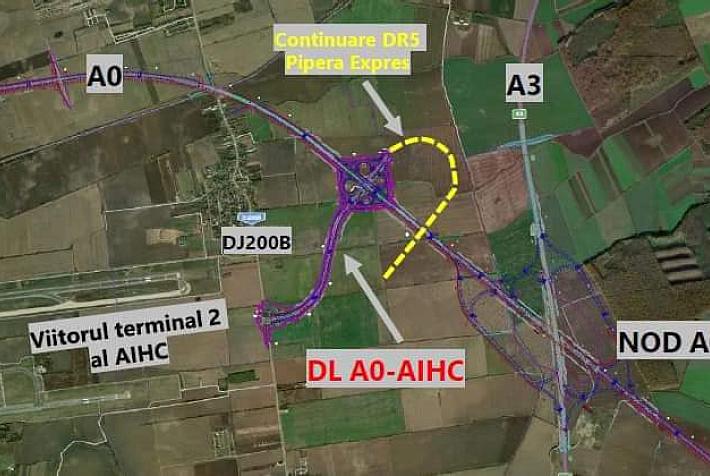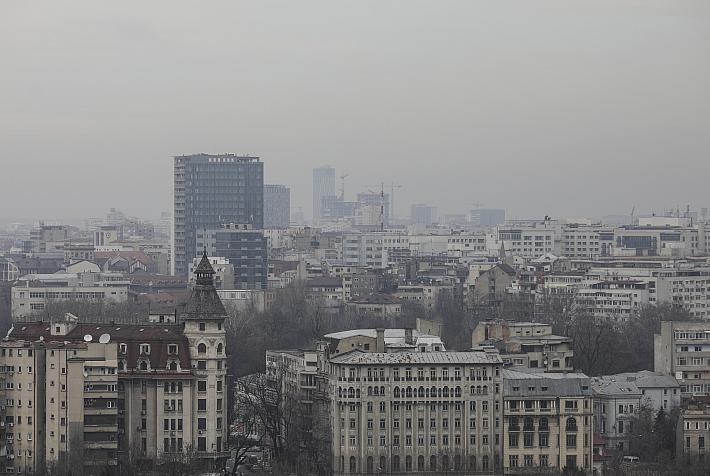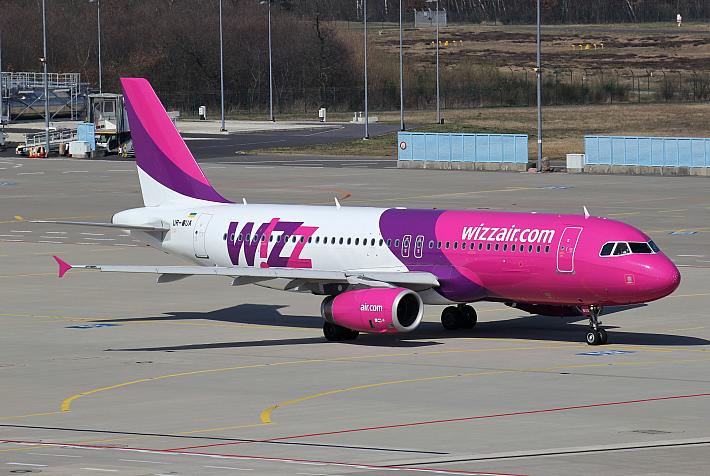European Central Bank will save the euro whatever the cost
 In what could prove to be one of the most significant moments in the eurozone crisis, the European Central Bank (ECB) has announced it will shore up the economies of struggling euro economies by buying bonds and providing theoretically unlimited cash to struggling eurozone countries via the new Outright Monetary Transactions. Commentators see the move as effectively meaning the ECB will keep the euro alive and all the eurozone countries within the system, whatever the cost.
In what could prove to be one of the most significant moments in the eurozone crisis, the European Central Bank (ECB) has announced it will shore up the economies of struggling euro economies by buying bonds and providing theoretically unlimited cash to struggling eurozone countries via the new Outright Monetary Transactions. Commentators see the move as effectively meaning the ECB will keep the euro alive and all the eurozone countries within the system, whatever the cost.
“The original institutional design of the euro area did not meet expectations,” said ECB chief Mario Draghi (in picture) yesterday (September 6 ). According to information from the ECB, the new seemingly unlimited offer to buy sovereign debt will come with conditions for any countries using the facility. Spain and Italy are seen as the most likely candidates for the ECB's new package initially. States taking up the new facility, the Outright Monetary Transactions, will be expected to adhere to strict rules set by the ECB and make tough reforms of the kind seen in Greece, Ireland and Portugal, if necessary.
The new measures are supported by the International Monetary Fund (IMF). “We strongly welcome the ECB’s new framework, the Outright Monetary Transactions (OMT), for intervention in sovereign bond markets of countries accepting EFSF and ESM support for their macroeconomic adjustment programs and adhering to the associated structural and fiscal reform efforts. The IMF stands ready to cooperate within our frameworks,” said IMF Managing Director Christine Lagarde.
Mario Draghi said during his speech that although there had been sufficient consensus among member states to set up the single currency, but the looseness and lack of harmonization of national monetary policies had left the euro vulnerable and made it difficult to respond to the crisis. “Loose coordination of policies neither ensures stability nor does it facilitate effective crisis management. The institutional design of the euro area therefore has to be reviewed to put our economic and monetary union (EMU) on a more secure footing,” said Draghi yesterday.
He gave two alternatives, essentially going backwards or forwards with the organization of the euro and the eurozone. “There are two possible paths. The first is to go “back to the past”, to make the original design work better. The second is to develop a new architecture that properly reflects lessons of the crisis.” He made it clear that he preferred the second option, saying that the eurozone is “too interconnected” to allow individual nations to potentially damage the economic well being of the whole. “We must find ways to guarantee that national decisions do not harm other members of the monetary union. In the event of a crisis, there should be effective mechanisms for crisis management. And where necessary, this means going beyond coordination,” said ECB chief Mario Draghi.
The IMF's Christine Lagarde said, “Decisive implementation of the new intervention program will help repair monetary transmission, and support countries’ efforts to secure finance at a reasonable cost while they undertake sustained macroeconomic adjustment. We see the ECB’s action as an important step toward strengthening stability and growth in the Euro Area.”
The move has not met with universal approval. Germany, in particular, has been against the plan and, according to UK newspaper the Financial Times, voices in the German media are hailing the move as the death of the Bundesbank.
The international press has used terms such as “unlimited monetary firepower” and the ECB getting out the “bazooka” to describe the new Outright Monetary Transactions. Asian markets have already responded positively to the announcement, with Reuters reporting large gains and predicting record results today.
Liam Lever, liam@romania-insider.com














